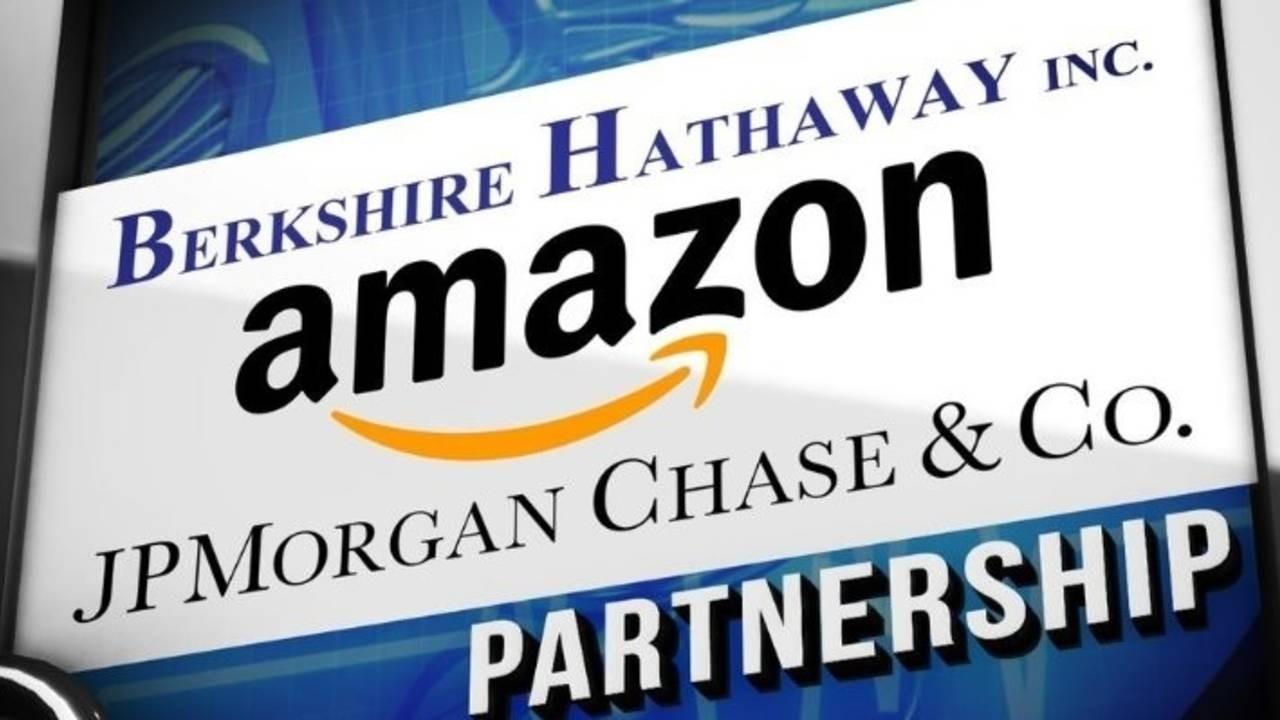The Evolution of Primacy: A Deep Dive with Fintech Takes
July 14, 2025 | 3 min read

 Blog
Blog
April 26, 2019|0 min read
Copied

As reported previously, venture capital-backed fintech companies raised more than $39 billion in 2018, up 120% from 2017. This was a new record for our industry (according to CB Insights).
If Q1 is any indication, 2019 will set records even higher. Already, Chime raised $200 million, FIS announced plans to acquire Worldplay for $34 billion, Fiserv agreed to acquire First Data for $22 billion (as we reported earlier), and Ultimate Software Group was acquired by private investors for $11 billion.
Taken together, these last three acquisitions represent nearly half of the largest fintech deals ever – and they all happened in the past few months.
In addition, several non-U.S.-based banks announced plans to raise capital to fund expansion in the U.S., according to KPMG’s Venture Pulse Q1 2019 report.

As part of Apple announcing Apple Card, with all the promise of Apple user experience that comes with it, the tech giant also noted that customers have used Apple Pay for 10 billion transactions already in 2019.
Meanwhile, last month JPMorgan Chase and Berkshire Hathaway welcomed a new partnership with Amazon, forming a healthcare insurance platform called Haven, according to the Fintech Market Update: Q1 2019 in Review.
What does all this mean? Traditional financial institutions can no longer stay in their comfort zone if they want to stay alive long term. Customers are hungry for change, writes Bob’s Guide. And Gartner predicts that within a decade or so 80% of heritage financial services firms will go out of business, become commoditized, or exist in name only and not compete.
For most financial institutions, certainly there are alternatives to big tech and their potential takeover. Forward looking banks and credit unions would be wise to take note and take immediate action

The advent of application programming interfaces (APIs) – and subsequent open banking-related regulation – is upon us, “opening the floodgates to oceans of data,” an American Banker editorial writes.
“Banks can fear this inevitable open-banking transformation, or they can embrace it.”
One trend that has emerged as a result, writes PYMNTS.com, is Banking-as-a-Service (BaaS): “to not only connect banks with a single solution they can extend to their own customer bases, but a range of products and services that are all ingrained with each other – from lending to foreign exchange and trade finance, to insurance and payments.”
“APIs can be powerful tools in financial services,” they write.
According to an op-ed in Credit Union Journal written by Jeffrey Kendall, EVP and general manager of Kony DBX, “The idea that consumers fundamentally own their own data has already taken hold in much of the world, through legislation like the EU’s General Data Protection Regulation (GDPR), and it’s now being regarded as inevitable that similar laws will be passed in the U.S.
“Embracing open banking demands the highest level of security so that customer data is protected, never sold to outside investment interests and understood as a tool to advocate for customers.”
July 14, 2025 | 3 min read
June 25, 2025 | 2 min read
June 23, 2025 | 2 min read
